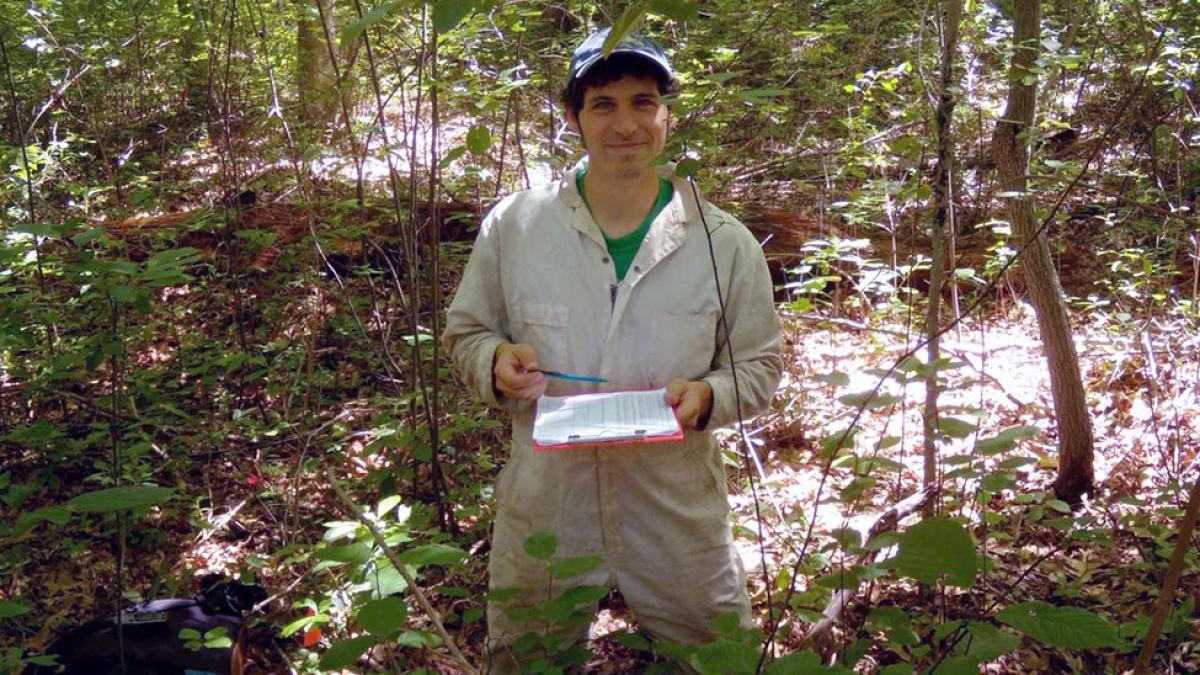Pace’s Master of Public Administration (MPA) program has been recognized by the U.S. News & World Report (USNWR)’s 2025 rankings as one of the Best Graduate Public Affairs Schools, an increase in 61 spots since 2019, and reflecting the Public Administration Department’s growing impact in public service education through the excellent work of faculty and students.
Generation Z Work Preferences: The Focus of Recent Student/Faculty Research
Associate Professor of Media and Communications Mirjana Pantic, PhD, presented research at the annual International Communication Association conference in Gold Coast, Australia, that was the result of a collaboration with students Penelope Arias ’25, Rachel Hutchings ’25, Lucy Mitchell ’25, and alumnae Tasha Lee ’24, and Diane Ragin ’23 in the MA in Communications and Digital Media, which is offered through the Media, Communications, and Visual Arts department on the Pleasantville campus.
Conducted in the summer of 2024, the timely study, titled Generation Z in the Workplace, explored how Generation Z (“Gen Z”), born between 1997-2012, navigate the professional world and how they communicate intergenerationally.
Pantic’s inspiration for conducting this research was a keen interest in understanding the professional landscape of this generation, including Pace students.
“I have been teaching Gen Z for years, and I thought they differ in comparison to my millennial students. My thought was that it would be quite beneficial to explore Gen Z's characteristics, workplace behavior, and expectations of a workplace as it will help the current generation at Pace and elsewhere prepare for the job market, but also to give an idea to managers on how to approach this unique generation.”
The research process
As part of their research process, students examined existing studies about the key differences between Gen Z and other generations in the workplace, primarily millennials, Gen Xers, and Baby Boomers, including the current literature on Gen Z communication preferences in the workplace. They then gathered focus groups of and directed questions on their experiences towards currently employed Gen Z workers. Upon analyzing their responses, the students compared the findings to the existing published research and concluded that there are indeed key differences between Gen Z and other generations.
Pantic and her students discovered that members of this generation prefer a relaxed, comfortable environment with easy communication, place an importance on in-person interactions for receiving feedback, and embrace collaboration in the workplace. They also emphasized the importance of work-life balance and opted for a hybrid work environment.
Experiential learning with outside-the-classroom applications
Mitchell found that awareness of these generational differences could lead to clearer, better workplace communication, and the findings were personally helpful to her as she aspires to a supervisory position in her organization, where she works full-time.
She said, “Recently, I oversaw a Gen Z intern and implemented some of the things we learned from our research as part of his training. That intern is considering coming back as a permanent employee when he completes his undergraduate studies, so hopefully some of those tactics helped him feel comfortable and confident in the workplace.”
“Working with Professor Pantic was amazing and unexpectedly made communication research one of my favorite courses in the program. Her teaching style and method of providing direction to students were straightforward and informative. She was an excellent mentor and was always available to answer our questions and did an excellent job checking in on us throughout the semester,” Arias said.
Pantic, whose research centers around digital journalism, social media, participatory journalism, and intercultural communications, said, “I was impressed with the students’ writing and use of academic sources but also their understanding of research with human subjects. For this project, they recruited participants on their own, and the entire process was intense, as we had about a month to collect and analyze data. I think gaining this type of research experience and then having the study presented at a conference has been invaluable.”
More on this research can be found in an article on Pantic’s Substack.


